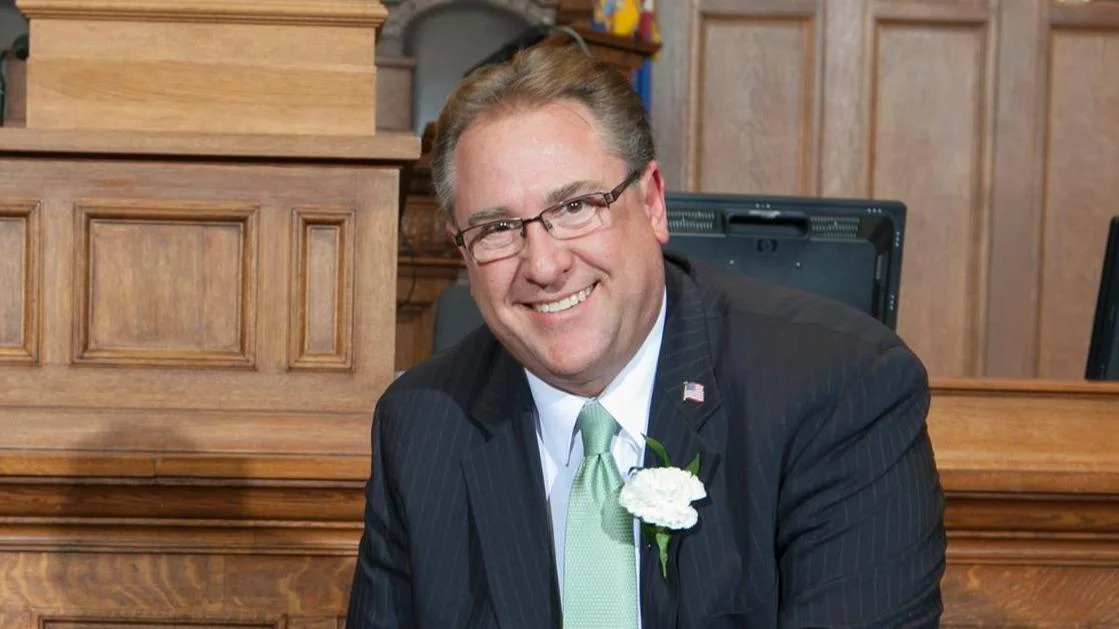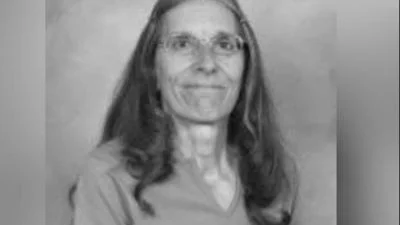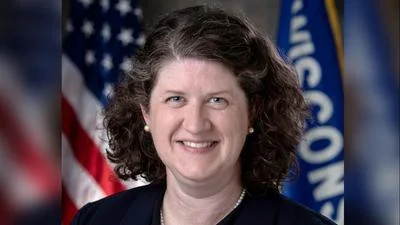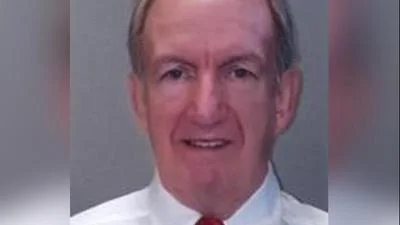Robert Brooks, Wisconsin State Representative for 59th District | Official website
Robert Brooks, Wisconsin State Representative for 59th District | Official website
According to the Wisconsin State Legislature's official website, the bill was described as follows: "transmission facilities; installation of large wind energy, large solar energy, and battery energy storage systems; installation of light-mitigating technology systems; and prioritizing nuclear energy resources. (FE)".
The following is our breakdown, based on the actual bill text, and may include interpretation to clarify its provisions.
In essence, the bill mandates competitive bidding for certain transmission facility contracts, establishes audit processes, and prioritizes nuclear energy as a state power source. It sets regulations for the construction of large wind and solar energy systems, including requirements for purchase of agricultural conservation easements when using prime farmland. The use of light-mitigating technology on wind turbines and transmission towers is required. Additionally, the bill grants rights to incumbent transmission facility owners to construct and maintain facilities connected to their existing systems. It redefines renewable sources to include nuclear power in state policy and expands oversight on transmission facility contracts and energy projects. Effective July 1, 2026, certain reporting and bidding requirements will apply to new facilities and contracts.
The bill was co-authored by Representative Chanz J. Green (Republican-74th District), Representative Clint P. Moses (Republican-92nd District), Representative Jeffrey Mursau (Republican-36th District), Representative Travis Tranel (Republican-49th District), and Representative Robin Vos (Republican-33rd District).
Robert Brooks has co-authored or authored another 29 bills since the beginning of the 2025 session, with none of them being enacted.
Brooks, a Republican, was elected to the Wisconsin State Assembly in 2025 to represent the state's 59th Assembly district, replacing previous state representative Ty Bodden.
In Wisconsin, the legislative process starts when a senator, constituent, group, or agency proposes an idea for a bill. After drafting, the bill is introduced, numbered, and referred to a committee for review and public input. If approved, it moves through three readings and votes in both the Senate and Assembly. Once both chambers pass the same version, the bill goes to the governor, who can sign it, veto it, or let it become law without a signature. Only a small share of bills introduced each session ultimately become law. You can learn more about the Wisconsin legislative process here.
| Bill Number | Date Introduced | Short Description |
|---|---|---|
| AB174 | 04/14/2025 | Transmission facilities; installation of large wind energy, large solar energy, and battery energy storage systems; installation of light-mitigating technology systems; and prioritizing nuclear energy resources. (FE) |
| AB163 | 04/08/2025 | Redeterminations of eligibility for the Medical Assistance program and database confirmation for public assistance program eligibility. (FE) |
| AB140 | 03/17/2025 | Limitations on the total value of taxable property that may be included in a tax incremental financing district created in the city of Port Washington. (FE) |
| AB51 | 02/20/2025 | Participation in interscholastic athletics and application of the public records and open meetings laws to interscholastic athletic associations |
| AB45 | 02/17/2025 | Ratification of the Dietitian Licensure Compact. (FE) |
| AB8 | 02/06/2025 | Agreements for direct primary care |






 Alerts Sign-up
Alerts Sign-up